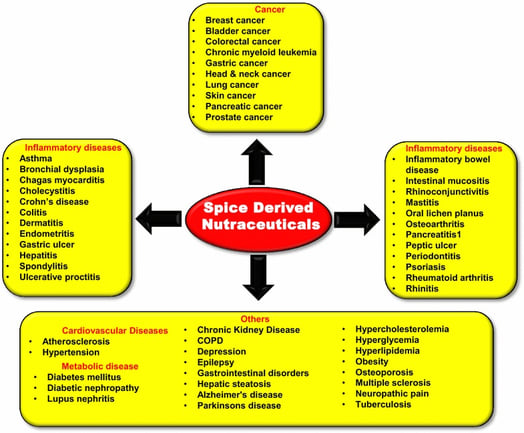Inflammation is a natural immune response that helps the body heal from injuries or fight infections. However, when inflammation becomes chronic, it can lead to serious health problems.
Acute inflammation is characterized by redness, heat, and swelling, and usually resolves quickly. Chronic inflammation, on the other hand, develops slowly and can persist for a long time, often without obvious symptoms. It's commonly associated with conditions like heart disease, arthritis, and diabetes, and can be influenced by factors such as poor diet, obesity, and stress.
To manage and potentially reduce chronic inflammation, it's important to focus on lifestyle choices.
A diet rich in anti-inflammatory foods, like fruits, vegetables, herbs, spices, and fatty fish, and low in processed foods and sugars, can help. Regular physical activity, adequate sleep, and stress management are also crucial.
Monitoring inflammation markers in the body, like CRP, can provide insight into one's inflammatory status and the effectiveness of lifestyle changes.
While certain activities can exacerbate inflammation, moderate exercise and practices like yoga can be beneficial in controlling and reducing chronic inflammation.

CLICK HERE to learn more about Inflammation, health consequences, biomarkers, etc.